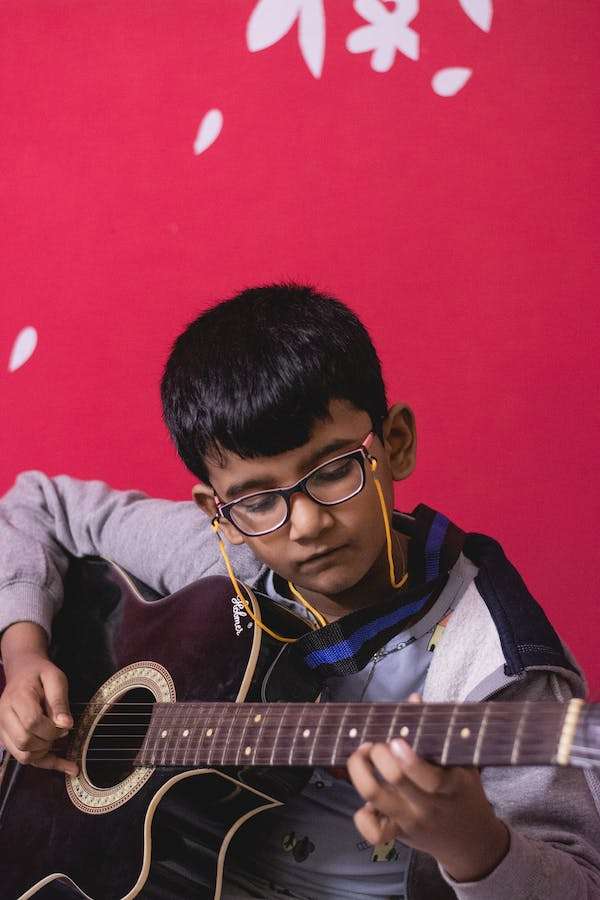Life skills

August 01, 2023
Life skills
Life skills refer to a set of essential abilities and competencies that individuals need to navigate and thrive in their daily lives. These skills are not limited to a specific context but are applicable across various situations and are crucial for personal and social development. Life skills encompass a wide range of abilities, including:
Communication Skills:
Effective communication involves both verbal and non-verbal skills, active listening, expressing thoughts clearly, and understanding others' perspectives.
Critical Thinking:
This skill enables individuals to analyze, evaluate, and solve problems logically, making informed decisions based on evidence and reasoning.
Emotional Intelligence:
Understanding and managing emotions, as well as empathizing with others, are vital aspects of emotional intelligence. It involves recognizing and expressing emotions in a healthy and constructive manner.
Decision-Making:
The ability to make sound decisions by considering alternatives, potential consequences, and one's values and goals.
Problem-Solving:
Identifying challenges and finding practical solutions to overcome them efficiently.
Time Management:
Effectively organizing and prioritizing tasks to optimize productivity and achieve goals.
Stress Management:
Coping with stress, anxiety, and pressure in a healthy way, maintaining emotional well-being.
Adaptability and Flexibility:
Being open to change and able to adjust to new circumstances and challenges.
Financial Literacy:
Understanding basic financial concepts, such as budgeting, saving, investing, and managing debt.
Digital Literacy:
Navigating and using digital technologies responsibly, including online communication, information searching, and cybersecurity awareness.
Teamwork:
Working effectively with others, respecting diverse perspectives, and contributing to group efforts.
Conflict Resolution:
Resolving disagreements and conflicts constructively and peacefully.
Empathy and Compassion:
Showing understanding and kindness towards others' feelings and experiences.
Self-Confidence:
Believing in one's abilities and having a positive self-image.
Health and Wellness:
Understanding the importance of physical and mental well-being, including nutrition, exercise, and stress reduction techniques.
What is life skills
Life skills are a set of abilities and competencies that enable individuals to effectively deal with the challenges and demands of everyday life. These skills are essential for personal development, social interactions, and overall well-being. Life skills encompass a wide range of practical and cognitive abilities that help individuals navigate various situations, make informed decisions, and adapt to changing circumstances. They are typically divided into several categories, including personal, social, and cognitive skills. Here are some examples of life skills:
Personal Skills:
Goal Setting: Establishing clear objectives and creating plans to achieve them.
Time Management: Efficiently managing time and organizing tasks to maximize productivity.
Self-awareness: Understanding one's strengths, weaknesses, emotions, and motivations.
Self-regulation: Managing one's emotions, impulses, and reactions to different situations.
Resilience: Bouncing back from setbacks and adversity, maintaining a positive attitude.
Stress Management: Employing strategies to cope with stress and anxiety effectively.
Decision Making: Analyzing options and making informed choices based on values and goals.
Critical Thinking: Evaluating information and ideas to form well-reasoned conclusions.
Social Skills:
Communication: Expressing thoughts and ideas clearly, actively listening, and understanding others.
Empathy: Understanding and being sensitive to the feelings and perspectives of others.
Conflict Resolution: Resolving disagreements and conflicts in a constructive and peaceful manner.
Teamwork: Working collaboratively with others, respecting diverse opinions and contributions.
Negotiation: Finding mutually acceptable solutions during discussions or disagreements.
Active Listening: Paying full attention to what others are saying, without interrupting or judging.
Cognitive Skills:
Learning Strategies: Developing effective methods for acquiring and retaining knowledge.
Problem-Solving: Analyzing challenges and finding viable solutions through logical thinking.
Creativity: Thinking innovatively and generating new ideas and solutions.
Memory Techniques: Employing memory aids and strategies to enhance information retention.
Decision Analysis: Weighing pros and cons and considering potential outcomes in decision-making.
Research Skills: Gathering information from various sources and evaluating its credibility.
Life skills are not limited to any specific age group or context. They are applicable to people of all ages and can be developed and improved through practice and experience. These skills play a crucial role in personal growth, educational success, career advancement, and building strong interpersonal relationships. Schools, families, and communities often work together to support the development of life skills in individuals, ultimately contributing to their overall development and success in life.




